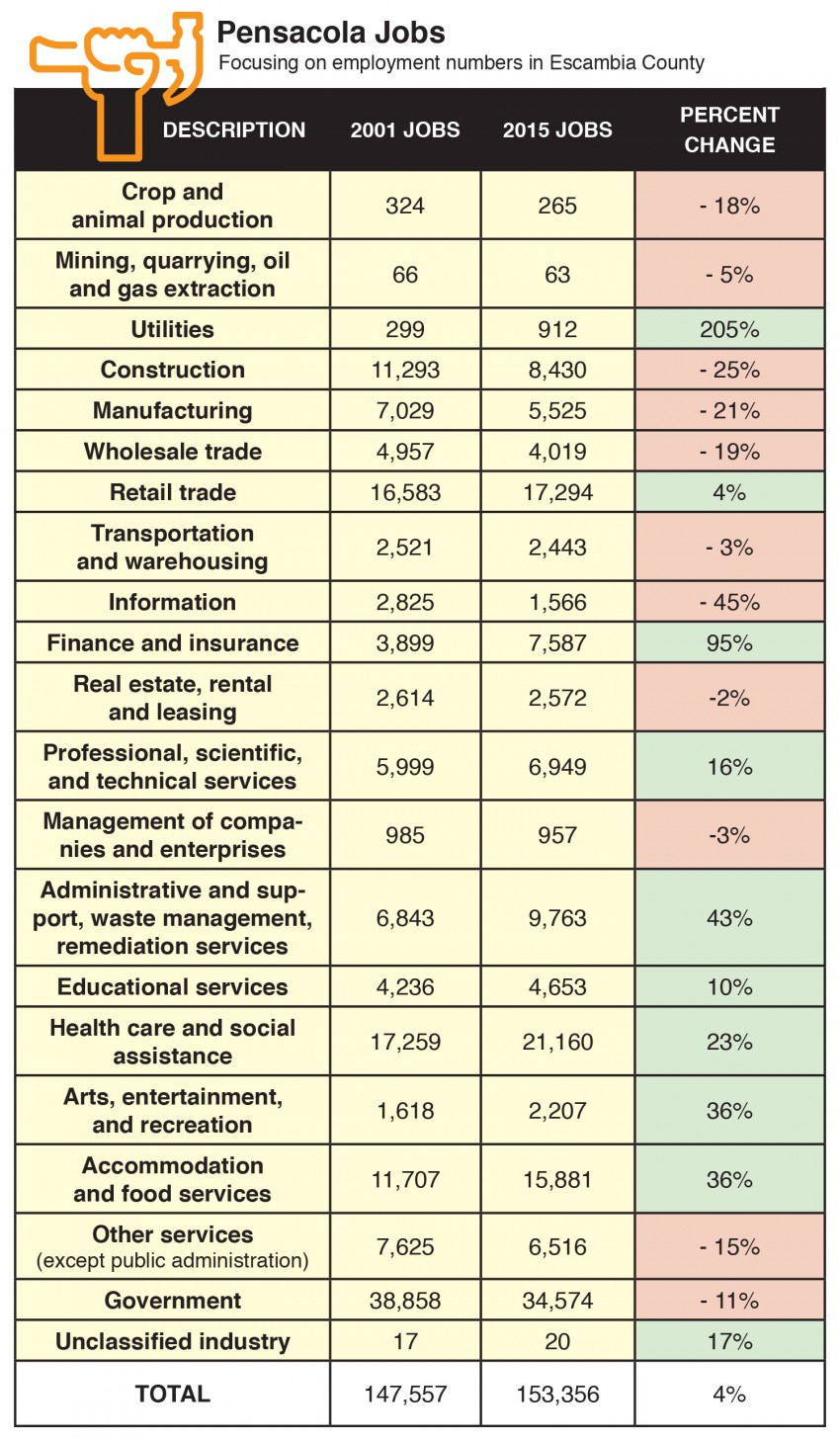Shannon's Window: Tim Cook's big education lesson
- December 21, 2015
- / Shannon Nickinson
- / education

Apple CEO Tim Cook on '60 Minutes' on Dec. 20 with Charlie Rose.
Robertsdale, Ala., native Tim Cook gave Charlie Rose a lot of food for thought last night on “60 Minutes.”
Many of the headlines off of the Apple CEO’s interview with Rose focused on his firm stance on Apple’s offshore financial holdings, as well as the peek — small though it was — that the secrecy shrouded company offered the CBS cameras into their headquarters.
But Cook said something else that didn’t earn as many headlines.
It should have.
When Rose asked Cook why the tech giant’s manufacturing base is in China, Cook’s answer was simple — the skills of the workforce.
“China put an enormous focus on manufacturing in what we would call vocational kind of skills. The U.S. over time stopped having as many vocational skills,” Cook says. “You could fit every tool and die maker in America in this room we’re currently sitting in. In China, you would have to have multiple football fields.
“It was a focus of their educational system. That is the reality.” Watch the interview here.
The Pensacola metro area is taking steps to address this reality, something that’s a long time in coming.
Manufacturing jobs have declined as a share of the labor market here since the 1970s. Many of those jobs were a ticket to the middle class for the people who filled them.
A gap analysis of the area’s job market conducted by the Haas Center for Business Research and Economic Development at UWF showed that this area is poised to see growth in the next five years in the advanced manufacturing sector of the economy.
But our education system is not poised to fill the need in that sector.
In the next five years, the market will demand 2,150 people to fill these jobs. But the regional educational and workforce training programs are on track to produce only 300 trained people in these disciplines.
There are changes afoot to address that. The federal Aviation Administration has recently certified an aviation program at George Stone Vocational Center.
That program is being stood up specifically to meet the anticipated need of VT-MAE Manufacturing’s facility at Pensacola International Airport.
Career academies in Escambia County schools are being expanded in response to specific needs in the job market. And since data shows that students in such academies have higher grade point averages and better graduation prospects, that’s news that boosts not only our economic outcomes, but also our educational ones.
Given that the high school graduation rate is 66 percent in Escambia County, all the progress we can make in an effort to get more students through high school and beyond successfully is worth the effort.
West Florida High School has been since it opened in 2001 the district’s only all-career academy school.
Every student there goes through a curriculum track geared toward giving them real-world experience in a specific career field.
West Florida has the highest graduation rate of any Escambia high school and has been for nine years, the district’s only A high school according to state standardized test data.
Part of West Florida’s success is due to it being a magnet program — students must apply to get in and meet and maintain certain academic standards.
But part of its success lies in the way it explicitly ties what students learn in the classroom to what will be expected of them in the world after high school.
This year, Pine Forest High School became the district’s second “all career academy” high school.
Which shows that while some transitions may be a long time coming, they need to be worth the wait.
In the last 15 years in the Pensacola metro area, the industries that have seen some of the largest percentage increase are administrative and support jobs; arts, recreation and entertainment; accommodation and food services.
Those sectors have a median income of $30,299.
While service economy is an important piece of this region’s economy, we can’t allow it to become the biggest leg of our economic stool.
Otherwise Northwest Florida will never be able to stand on its own to feet in the competitive world that Tim Cook’s company lives in.


 CivicCon launches with a look at good growth in cities
CivicCon launches with a look at good growth in cities
 Building stronger brains one baby, one parent at a time
Building stronger brains one baby, one parent at a time
 SCI debuts commercial on Early Learning City
SCI debuts commercial on Early Learning City
 Entrecon: World class speakers and an opportunity to sharpen skills
Entrecon: World class speakers and an opportunity to sharpen skills
 PYP Quality of Life survey 2017
PYP Quality of Life survey 2017
 EntreCon Pensacola 2016: A look back
EntreCon Pensacola 2016: A look back
 Leadership tip: getting better employee takeaways
Leadership tip: getting better employee takeaways
 Leadership tip: be interested instead of interesting
Leadership tip: be interested instead of interesting
 Leadership tip: delivering difficult messages
Leadership tip: delivering difficult messages
 Brain Bags boost Arc, Early Childhood Court programs
Brain Bags boost Arc, Early Childhood Court programs